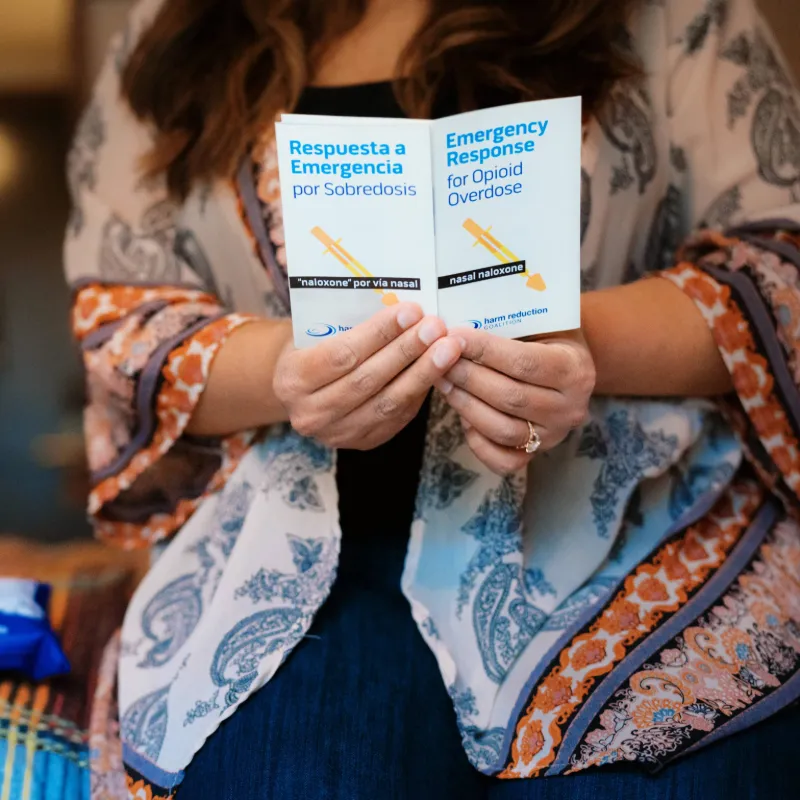Provide’s core values of worthiness, equity, self-determination, and continuity of care are the cornerstone of our vision of a healthcare system that cares for all people with dignity and respect. We are committed to providing trainings and resources about abortion care, including self-managed abortion, and we often work within other systems of care that are highly stigmatized, such as HIV and substance use treatment.
September is National Recovery Month, and this year’s theme, “Recovery Is For Everyone: Every Person, Every Family, Every Community,” calls for us all to broaden our understanding of what recovery means for people with different experiences. It calls on us to focus on culturally competent, multilingual resources, and strategies that center on LGBTQ+, BIPOC, and other historically marginalized communities. During National Recovery Month we must acknowledge that substance use disorder is not a “one size fits all” condition – it must be person-first, “meeting people where they are.”
A recent study showed that unintended pregnancy rates are significantly higher among people who use drugs. Those who are in substance use treatment programs may fear disclosing their pregnancy and talking to staff about options due to perceived fears of arrest and other consequences, like being discharged from their treatment program.
Self-managed abortion meets people where they are.
Self-managed abortion (SMA) — ending one’s own pregnancy without a doctor or other healthcare provider — is an alternative pathway for people who face barriers to clinic-based abortion because of their age, immigration status, income level, geography, or other marginalized identities and experiences. For those who face legal barriers to accessing abortion care within the health system, SMA is safer than other methods to which pregnant people may resort and places the person who is pregnant at the center of the abortion process as the key decision maker in control of their own body. Research and evidence show that people can safely and effectively self-manage an abortion with pills (misoprostol) when they have accurate information about the dosing regimen and when to seek treatment for complications.
As COVID-19 continues to affect our communities, access to self-managed abortion is more important than ever. For more resources about SMA, we suggest:
- Self-Managed Abortion, the Law and COVID-19 Fact Sheet (If/When/How)
- Plan C
- Abortion Self-care (Ipas)

